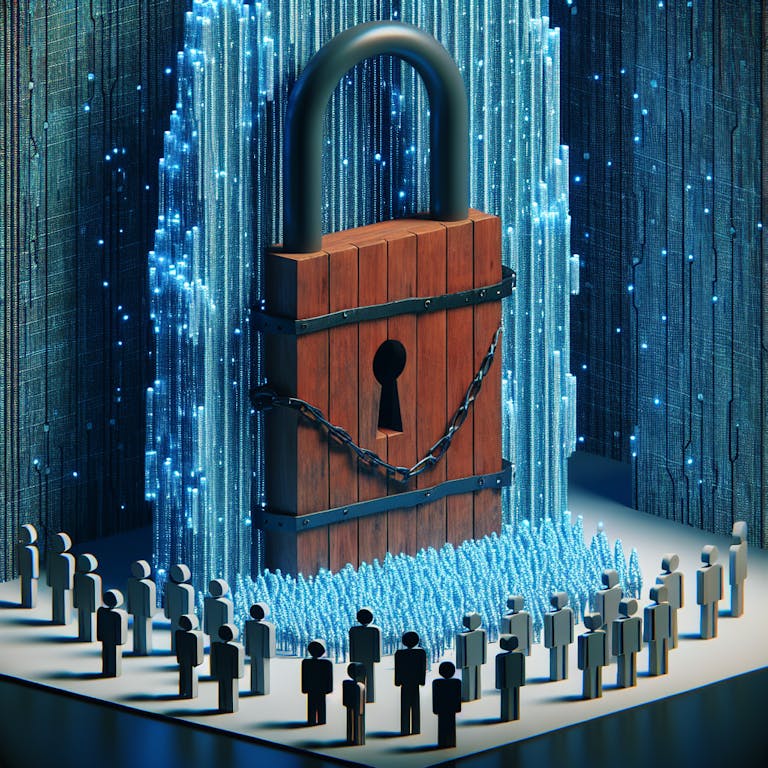Follow the Podcast on iTunes and Spotify
Transcription
Apple agrees and further emphasize the importance of letting team members try out other roles as a means of facing a new challenge for them.
As much as it makes sense, the competitiveness and the active search for the next challenge is something that Kevin has mixed feelings towards because it’s not something that always happens.
He thinks that it’s a challenge because he knows that there are a lot of people that are very passive. They would not have the initiative to request these changes and so they’ll just be waiting for the management to do it for them.
However, if you find a person that is continuously looking for more challenges, more things to do, that’s when you know that you find someone that’s worth keeping.
Those who have initiative, those who want to grow, those who want to face new challenges even though they’re not part of their job description.
Honestly, letting teammates freely look for new opportunities within the office is possible, but not necessarily easy to do.
For Kevin, keeping millennial employees from leaving isn’t just about bringing them new challenges. One thing he really values is the culture and close communication with the management.
We’ve continually provided many avenues wherein our team members can communicate their thoughts and concerns with us.
And based on his observations, those who participated, those who were open to sharing their thoughts and feelings tend to stay longer, when compared to those who were apathetic.
Connecting with our teammates on a more personal level really helps. Since we can understand what they’re going through and we’ll provide advice and wisdom.
Once you have this kind of relationship, you’ll feel as if you have developed a different yet mutual respect for one another.
Basically speaking, in order to keep millennials from leaving your company, there should be an active connection between the management and the team members.
For many businesses, this connection is relatively hard to pull off, that’s why I plan on releasing Teamstrr, a software that helps do just that later this year.
Teamstrr aims to close the gap between team members and the management by providing a means where the team can share their thoughts, what they’re thinking and feeling, to the management.
This did beg the question of whether or not sharing their thoughts is a big deal for them, the Millennials.
To start off the conversation, Kevin first stated that the majority of millennials are introverts. The majority of millennials are selfishly passionate. I believe that they’re also primarily introverts solely because of the rise of digital.
Take for example our childhood. Me and Kevin never really played with our neighbors. We had our TV, our Play Station and those were enough to make it feel like we were socializing digitally. We were cultivated to be introverts.
That being said, most introverts become sociable through the use of digital systems. This is what Teamstrr aims to solve. It is a platform where the team can share their inner thoughts.
Apple shares that the capability to share inner thoughts is something special. Some of our recent applicants share that in their previous jobs, all they do is just that. They don’t really get to talk to the management, overtime was encouraged, everything was nothing short of toxic.
They felt like they were robots.
With Teamstrr, we can make every individual feel human.
Everyone will almost always have something that they’re going through, and that can definitely spill into the workplace.
Through this tool, we can focus on empathizing with our team as well as to let them know that there is someone much like a mentor that is willing to give the time to empathize and to pray for you.
This is a big deal because these introverted millennials are not comfortable doing that face-to-face. They’d much rather post it on social media and avoid the confrontation that comes with face-to-face conversations
You can liken Teamstrr to social media where you can just post things out and people may or may not notice it. However, with
Teamstrr, you’re basically sharing, or ranting right to people who can help you find a solution.
The sharing of thoughts and feelings come in the form of two things. Fast Feedback Loop and the Weekly Mirror Report.
Basically, they’re a list of guide questions that the team has to answer.
The management then, as much as possible, replies to every one of these.
Kevin believes that the more you unlock their contentment and joy, the more they become efficient with work. They’ll be more willing to work hard, and to care more for the company as a whole.
He feels that as long as your team knows that you genuinely care about them, then they’ll return the favor.
He believes that it’s not the perks or the benefits that are part of the job that makes the team stay, it’s the fact that the management cares for them.
Another thing that Kevin pointed out is that our generation is arguably the most problematic generation to date. With the increase in parental problems, cases of depression and anxiety, addictions, etc. these millennials are genuinely looking for someone who cares.
This collides well with our point earlier that the parents of these millennials have a foothold in their lives. And yet they’re still looking for mentorship elsewhere.
Apple then shared her idea of millennials being too scared to open up to their parents because they’re afraid that they will not provide any constructive criticism to their inner thoughts. They’re looking for mentors whom they can divulge information that they can’t share with their parents.
We can’t really say that it’s the fault of either the parent of the millennial, rather it’s a gap between the communication the family.
In relation to this, Kevin introduces the importance of initiative. Much like this, when a company gets Teamstrr and just lets it be, then nothing will happen. If you take the initiative and encourage the team to fill it out, then it will start working.
To Kevin, that’s the problem. Not a lot of parents sit down and start a conversation with their children. They just wait for it to suddenly burst out of nowhere.
Another point of interest introduced by James Del Rosario is that a lot of Millennials want to be recognized. And that’s relatively true. However, recognition wasn’t really given freely in the workplace.
I remember a phrase that states “The last applause that people 80-90% of people ever get is during their graduation.”
We at SEO Hacker remedied this by adding something we like to call the claps session during our weekly meetings.
The claps session is something we do at the start of the week that we used to recognize people that had gone an extra mile to do something for their team.
We do not encourage overtime, but these people still take on the extra work because they really care for their team.
Aside from that, the claps session also helped make sure that those who are filing for leaves really need them, especially for sick and emergency leaves.
Going back, Apple further discussed about recognition as a millennial. As a note, Apple has been working with her father for the past nine years. Nowadays, she’s only working part-time, but even then, she believes that recognition is a really big thing.
It’s a big deal because, for a lot of people who work in the family business, they would usually not get a lot of encouragement from them. Everybody there expects you to work excellently because you’re the son, the daughter, or even the brother of the owner.
Recognition, and better yet, appreciation is a big thing for millennials.









